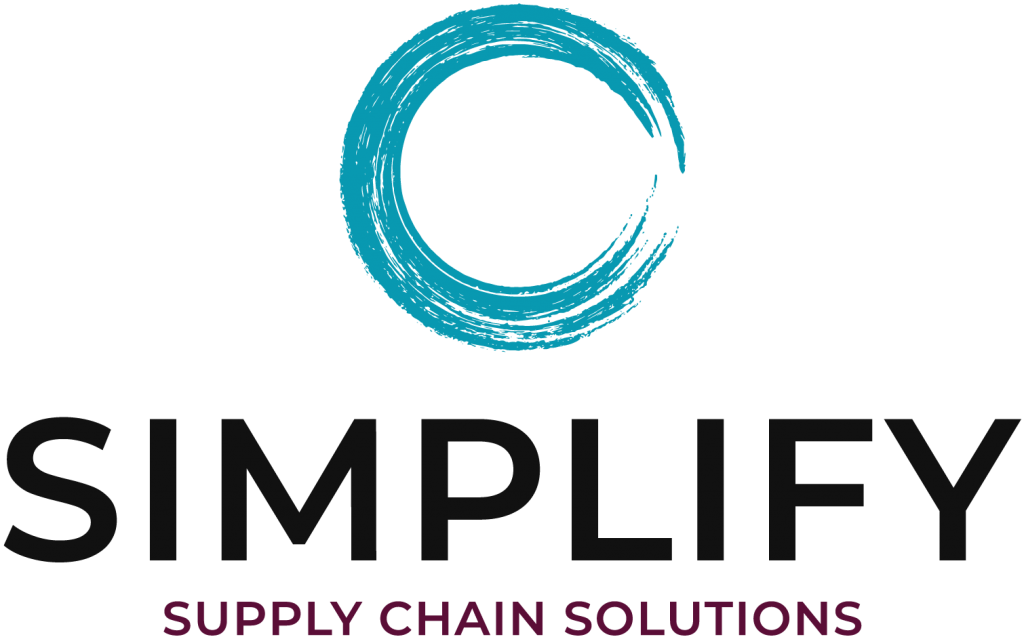In the current economic environment, it is important that businesses find ways to stand out, tighten their operations, and increase their revenues while keeping expenses low. As many businesses struggle to stay ahead of the competition, the day-to-day operations of the business are more than enough to keep management busy, especially in smaller businesses where owners or managers wear many hats. Choosing to use an experienced consultant may allow businesses the ability to grow, rather than simply attempting to maintain the status quo.
 So, who are consultants? Supply Chain Management consultants can range from professional engineer’s (PEngs), professional project managers (PMP), Professional Logistician (P Log) or consulting firms who offer all these services from large to small business. The number one benefit that consultants can offer to businesses is that they can provide temporary expertise. Hiring a consultant allows firms the ability to pay only for the services they need, rather than investing in pricey technologies or paying to keep staff on hand that may not always be needed. In addition, hiring a consultant enables cost benefits associated with a lack of taxes, the need to pay benefits, or human resources issues that are associated with hiring a new full-time employee. The costs involved in hiring a consultant are also scalable, so the firm can track costs and match them to the projects completed by the consultant. This allows the firm to analyze the value provided by the consultant. Finally, when the firm no longer needs the consultant’s services, the relationship is easily terminated.
So, who are consultants? Supply Chain Management consultants can range from professional engineer’s (PEngs), professional project managers (PMP), Professional Logistician (P Log) or consulting firms who offer all these services from large to small business. The number one benefit that consultants can offer to businesses is that they can provide temporary expertise. Hiring a consultant allows firms the ability to pay only for the services they need, rather than investing in pricey technologies or paying to keep staff on hand that may not always be needed. In addition, hiring a consultant enables cost benefits associated with a lack of taxes, the need to pay benefits, or human resources issues that are associated with hiring a new full-time employee. The costs involved in hiring a consultant are also scalable, so the firm can track costs and match them to the projects completed by the consultant. This allows the firm to analyze the value provided by the consultant. Finally, when the firm no longer needs the consultant’s services, the relationship is easily terminated.
Consultants also provide a significant amount of value for an organization. They can help to develop strategies for growth or manage projects. Since consultants are not committed to a single firm, they bring experience from a variety of companies and industries, which allows them to offer creative solutions and enables “out of the box” thinking. They can provide an objective viewpoint, which allows for more diverse ideas than could be provided solely by employees within the organization. A consultant may have a higher level of business expertise than the average employee and can provide unique solutions for businesses. Companies may want to consider the advantages of the level of expertise that can be brought by a consultant, as well as how they could benefit from having an established strategic plan.
Of course, an organization should continue to track the benefits provided by a consultant. As the firm grows, it may become more cost efficient to bring the services provided by a consultant in-house, so value should be routinely monitored. Having full-time employees provides its own benefits such as specific industry experience, the ability to perform varied organizational duties, a full-time presence on site, and a set salary. However, for many companies, the flexibility provided by an outside consultant can be the most cost-effective and valuable option for business development and revenue growth.
Benefits of using a consultant:
Simplify Supply Chain Solutions was founded on the principle of getting projects done efficiently and effectively. At Simplify we take complex problems and break them down into simple blocks and solve problems effectively. You get a dedicated team with expertise in project management, engineering, supply chain security and logistics. We develop the methods and tools to increase efficiency and reduce cost of supply chain for our clients. From assessment to implementation to quality assurance we are with you to facilitate a clear and actionable road map for success. We build genuine partnerships with our clients through supply chain initiatives that further grow the function of your business.
Check out our site at http://www.simplifyscs.com/ or feel free to contact us today at contact@simplifyscs.com or 226-979-6044 toll free: 1-833-212-6655.
This guest blog was written by Jennifer Seberras, P Log | Principal, Simplify Supply Chain Solutions.